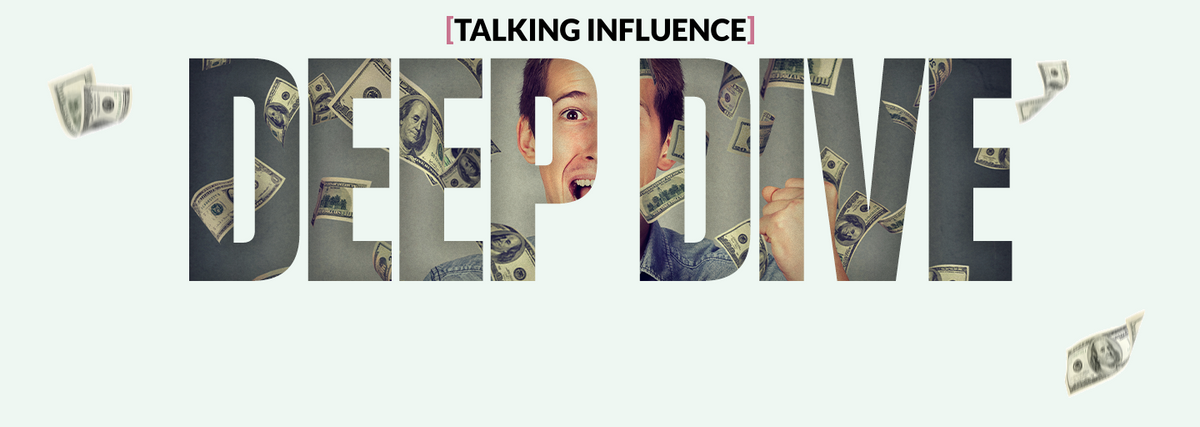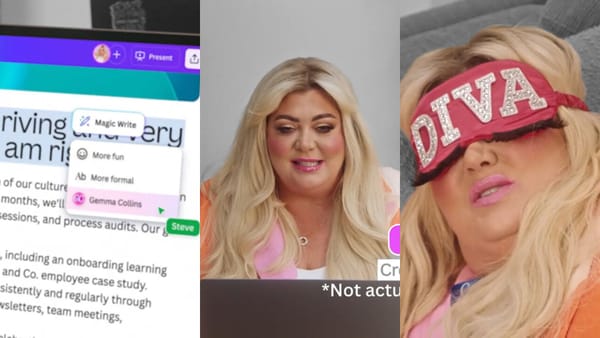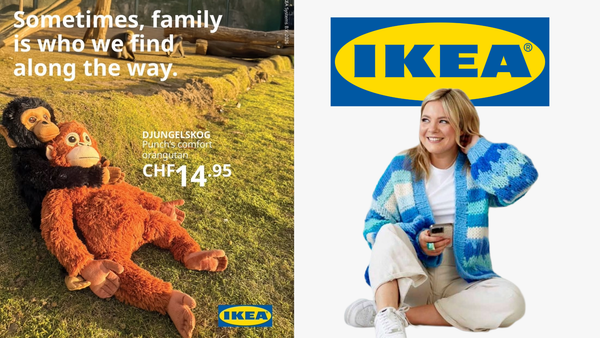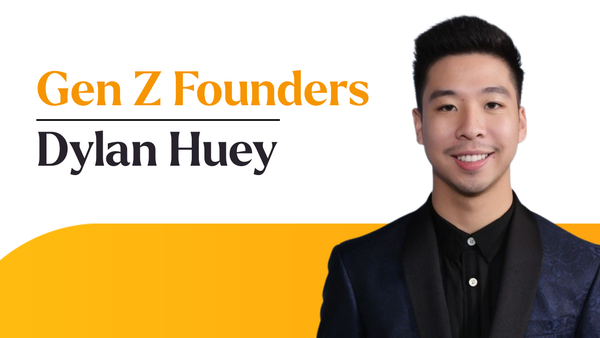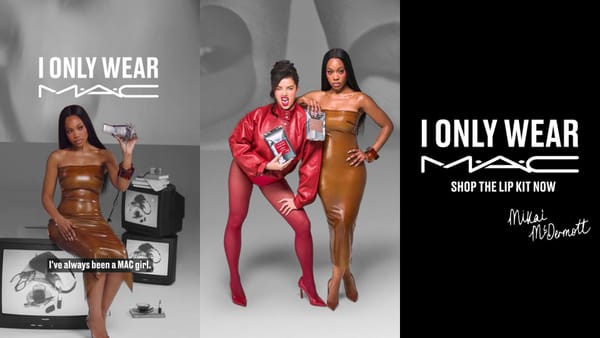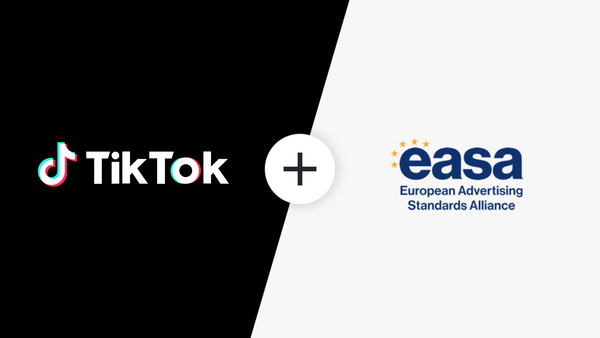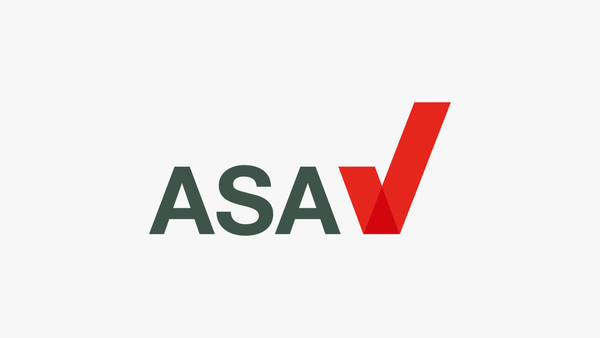Social media users are spending an average of three hours a day scrolling through their newsfeeds. For a huge number of brands out there, this is where your consumers are focusing a huge amount of their attention. Instead of flipping through magazines while commuting, or tentatively watching adverts when a television show breaks, consumers are grabbing their phones and scrolling through social media feeds.
As a brand, diving into the social media sphere may seem daunting, and content that fits seamlessly onto an Instagram feed may not be in your remit. However, finding an influencer who not only loves your product but knows how to engage a social media savvy audience could be the missing piece to your puzzle.
Influencer partnerships vs digital ad spend
To suddenly prioritise marketing spend on influencer partnerships rather than digital ad spend may seem daunting at first, so why do it? Aaron Brooks, Co-Founder of influencer marketing platform, Vamp, is aware that for brands, constantly sharing new, high-quality, engaging content can be time-consuming and expensive.
He explained that “this is the reason that more and more brands are turning to influencers as a cost-effective addition or alternative to campaign shoots. Influencers are experts in knowing what content performs on social media – and often able to manage the whole process, from ideation to editing – making them an invaluable content resource.”
Aaron also importantly notes that there is great value in re-engaging influencers. If an influencer promotes a brand consistently, it shows a genuine affinity for that brand, in turn, resonating with followers and building trust.
Trust and relationships are common buzzwords used when debating whether a brand should work with an influencer rather than investing in digital ads in a crowded market. Consumers often tire of seeing ad after ad from similar brands (the algorithm knows what it’s doing) and with no personality behind an ad, it’s unlikely that you’ll convert a social scroller into a customer.
Sam Foroozesh, CEO, Co-founder of Cure Media is experienced in bridging partnerships between influencers and brands, educating them on what will work best for both of their audiences. He says: “By using an influencer – someone that the consumer has already decided they like and trust and therefore choose to follow – you benefit from their endorsement and the relationship they have built and nurtured with your target customer over time.”
Sam also notes that 63% of consumers aged 18-34 actively admit to trusting influencers more than brands.
Overcoming the challenge of measuring ROI
It goes without saying that people relate to people, and the relationship-building opportunities that influencer partnerships promote cannot be denied, however, one of the greatest apprehensions about influencer marketing is measuring ROI – 62% of marketers say that this is the biggest challenge in the channel. Your audience may enjoy the content that influencers are producing, but is it driving results?
According to Aaron King, Senior Account Director at ITB Worldwide, often, where mistakes are made and the ROI isn’t what was expected is because brands are working to the wrong KPIs.
“They [brands] need to properly frame what they are trying to achieve – that could be sales but it could also be working to increase brand recall or to shift brand perception. With the right KPIs in place, that’s when you’ll realise the full potential of influencer marketing.”
Therefore, it is important to consider what ROI means for your brand. Of course, you can focus on the obvious measurables like in-platform engagement such as likes, follower growth or shares, click-through rates, or promo code usage, but with influencer marketing, measuring ROI often requires a more holistic approach.
Sam Foroozesh believes that it is important to compare one significant block of time in which you’re using influencers, to a block of time in which you’re not. This is what’s going to give a really holistic overview of your success beyond the last click or more traditional ‘vanity metrics’.
Should every brand explore influencer partnerships?
Influencer marketing, in theory, can be advantageous for every brand. Sam emphasises the fact that people want to buy from people like themselves, even B2B brands need to engage people. There are of course some legal restrictions; for example, the UK limits industries like tobacco and pharma, but looking at the bigger picture, the beauty of influencer marketing is that it is inclusive to everyone.
But although (almost) any brand has the ability to explore influencer partnerships, does this mean they should? Many brands may see influencer marketing as a cost-effective and fresh approach, but if the consumer isn’t invested, success is not guaranteed.
Aaron King believes that the bigger question brands and their agency partners need to be asking is: what are we trying to achieve and can we realistically achieve this with influencer marketing?
Influencer marketing isn’t a miracle cure for all of our business problems; you can’t just do a one-off influencer marketing campaign and just expect the sales to roll in. It needs to be part of a smart marketing ecosystem.
It is also possible to overdo influencer marketing. Successful partnerships in life are natural and seamless, and often only succeed when a select number of people are involved – the same goes for influencer partnerships. When a brand begins working with a large number of influencers, it is likely that not all of them will be the perfect fit. Consumers are savvy, and it is likely they will be put off when they see every influencer they know promoting the same product. In most cases, it is important to focus more on the quality of the partnership, rather than the number of partnerships as the consumer will tire and lose trust, both for the brand and the influencer.
The overall consensus is that yes, influencer partnerships can be an extremely valuable part of your marketing strategy. A quality influencer partnership that will drive ROI is one that is implemented at the beginning of the marketing funnel and nurtured throughout.
We will continue to explore the value and growth of influencer partnerships throughout 2022, and in Q4 we will come together in the US to celebrate influencer partnership success at the brand new Partnership Awards.


